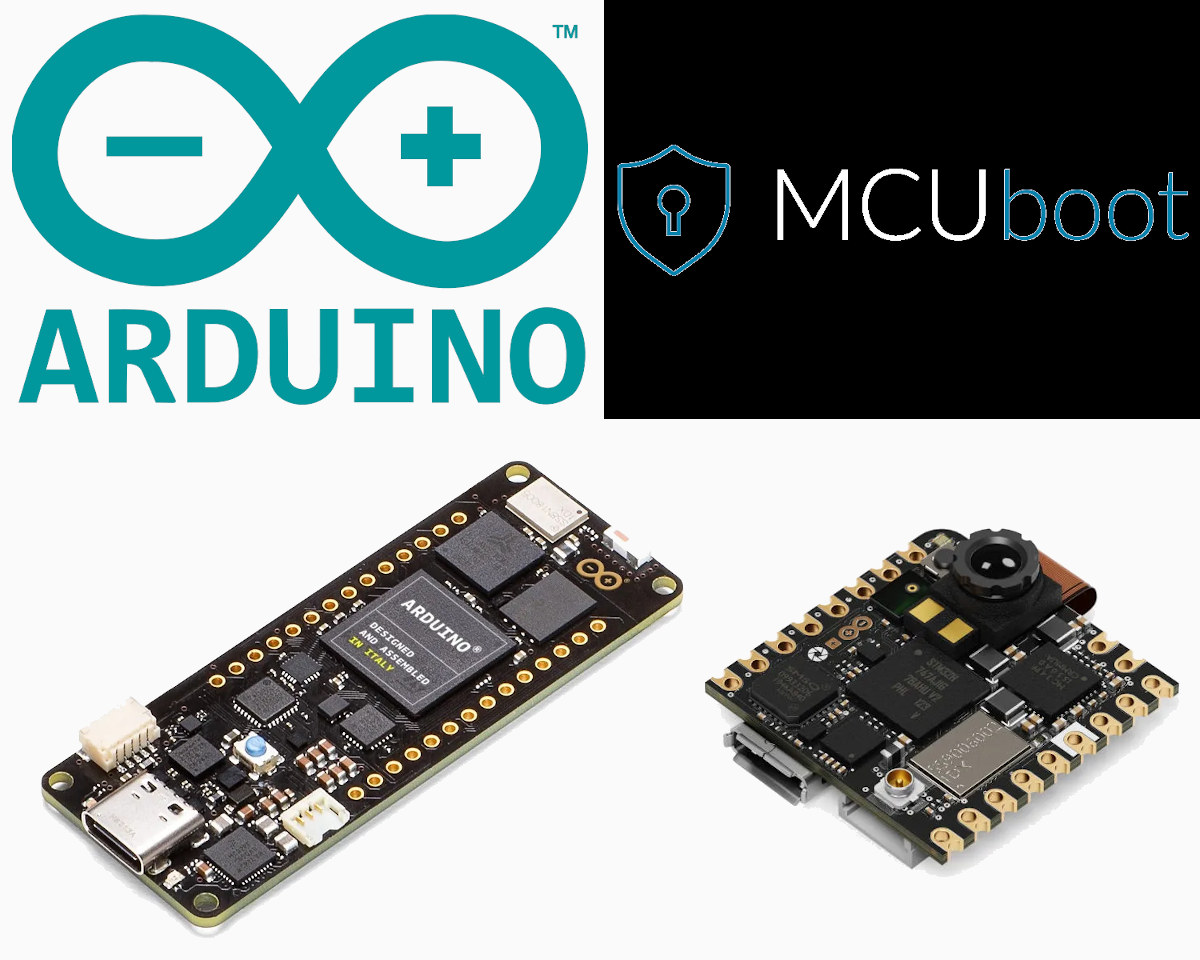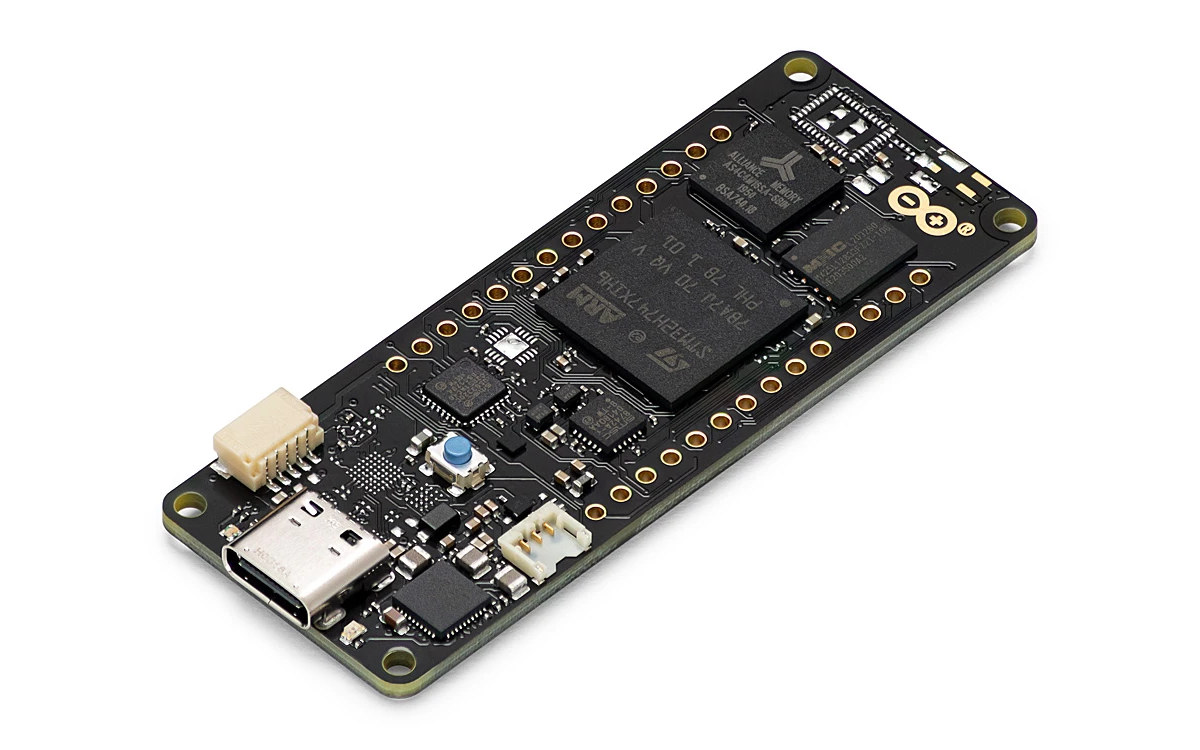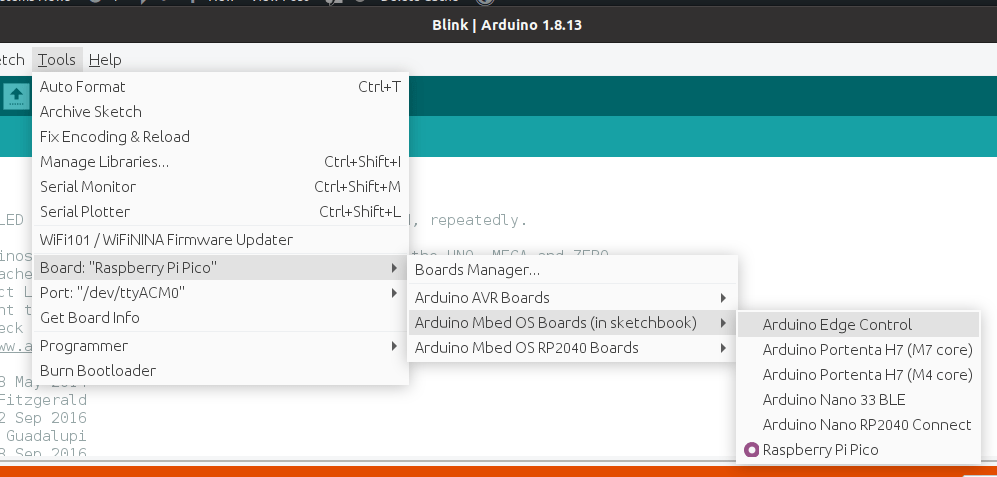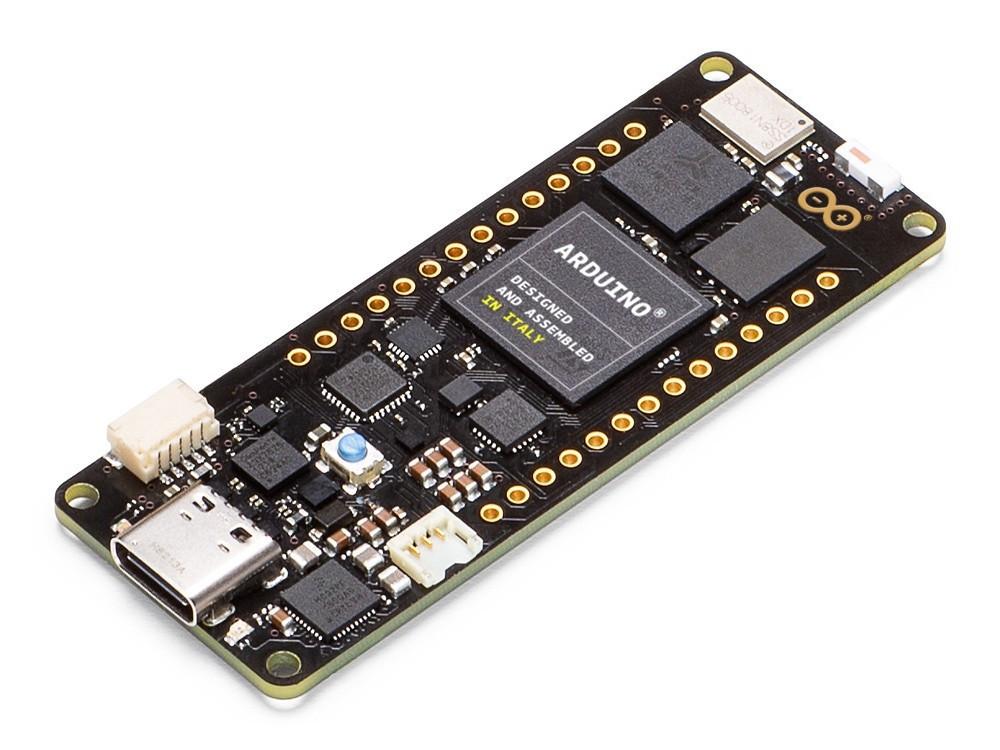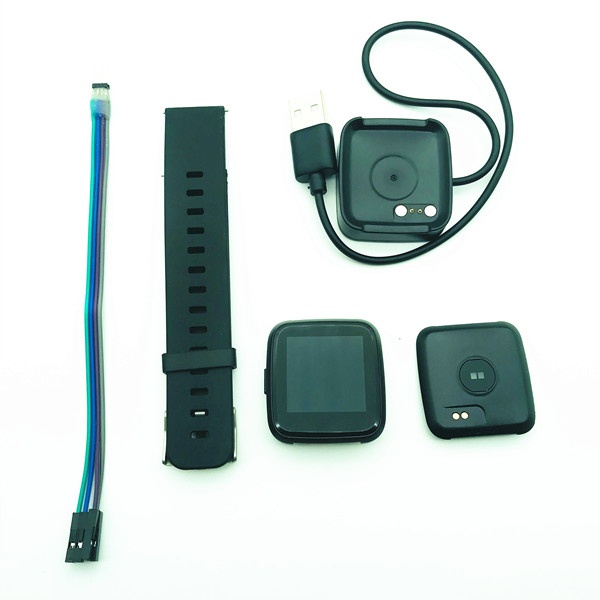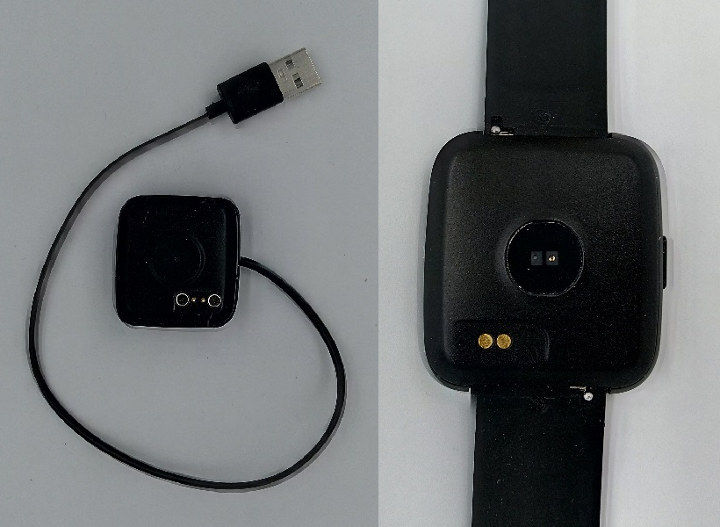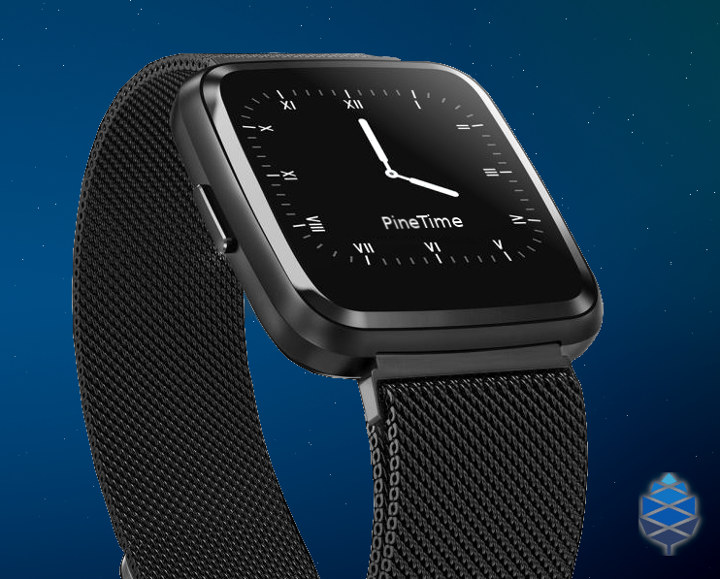Arduino has released a new bootloader based on MCUBoot to increase the range of features and firmware safety of Arduino products, with the first release targetting STM32H7 based Arduino Portenta and Nicla Vision boards from the Arduino Pro family. The release focuses on Arduino Mbed OS-based boards, but MCUboot is OS agnostic, and should also work with Zephyr, Nuttx, and Apache mynewt. The company has also made sure that the transition is easy and reused the existing OTA firmware upgrade process in place on Arduino boards. MCUboot Arduino highlights: Signed and encrypted updates – MCUboot has support for encrypting/decrypting images on-the-fly while upgrading. It will also check if the computed signature is matching the one embedded in the image before booting a sketch. Confirm or revert updates – After an update, the new Sketch can update the content of the flash at runtime to mark itself as OK. If everything […]
Portenta H7 Lite cost-optimized Arduino Pro board drops WiFi, USB-C video output, NXP secure element
Arduino Portenta H7 Lite is a cost-down version of Portenta H7 STM32H7 that shaves off a little over $30 of the Arduino Pro board by doing without a wireless module nor USB-C video output and opting for a lower cost Microchip ATECC608 secure element. Arduino says the new board provides a cost-optimized solution for companies developing high-end industrial machinery, laboratory equipment, computer vision, PLCs, robotics controllers, and mission-critical devices. Arduino Portenta H7 Lite specifications (with differences in bold or strikethrough): Microcontroller – STMicro STM32H747XI Cortex-M7 @ 480 MHz + M4 @ 200 MHz MCU with 2MB dual-bank Flash memory, 1 MB RAM, Chrom-ART graphical hardware accelerator System Memory – 2MB SDRAM (upgradeable up to 64MB) Storage – 16MB QSPI NOR Flash (Upgradeable up to 128MB) Connectivity 2.4GHz WiFi 802.11b/g/n up to 65 Mbps and Bluetooth 5.1 BR/EDR/LE via Murata 1DX module On-board 10/100M PHY Video I/F – MIPI DSI & […]
Arduino Core mbed 2.0 supports Raspberry Pi Pico & Arduino Nano RP2040 Connect
Last week, we noted and tried the unofficial Raspberry Pi Pico Arduino Core that works on RP2040 boards, including Raspberry Pi Pico. Everything was super early to set up and the blink sample worked just fine. But Arduino recently tweeted about the Arduino Core mbed 2.0 release that adds for Raspberry Pi RP2040 boards including Arduino Nano RP2040 Connect and Raspberry Pi Pico boards. Arduino first used mbed for their Arduino Nano 33 BLE board as they didn’t have an official Arduino core for the Nordic nRF52840 Cortex-M4 microcontroller, and it appears they’ve done the same for Raspberry Pi RP2040 whose mbed implementation itself relies on the C SDK. Let’s have a try, how hard can it be? We can find the release and changelog on Github with some instructions on the main Github. First, we can clone the repo in the sketchbook directory (See Arduino IDE’s preferences) which in […]
Arduino Portenta H7 STM32H7 Cortex- M7/M4 Industrial Board Runs Arduino Code, Python and JavaScript
Arduino is now at CES 2020 promoting its Arduino Pro all-in-all IoT solution for professionals with the Arduino Pro IDE, Arm Pelion IoT platform for device management, and a new Portenta industry-grade board family starting with Arduino Portenta H7 board powered by STMicro STM32H7 dual-core Arm Cortex-M7/M4 microcontroller. Arduino Portenta H7 Specifications: Microcontroller – STMicro STM32H747XI Cortex-M7 @ 480 MHz + M4 @ 200 MHz MCU with 2MB dual-bank Flash memory, 1 MB RAM, Chrom-ART graphical hardware accelerator System Memory – 2MB SDRAM (upgradeable up to 64MB) Storage – 16MB QSPI NOR Flash (Upgradeable up to 128MB) Connectivity 2.4GHz WiFi 802.11b/g/n up to 65 Mbps and Bluetooth 5.1 BR/EDR/LE via Murata 1DX module On-board 10/100M PHY Video I/F – MIPI DSI & 8-bit camera interfaces via 80-pin expansion connector, DisplayPort over USB-C port USB – 1x USB 2.0 Type-C port for power (PD), programming, and DisplayPort output I/Os Arduino MKR […]
Nordic Semi nRF52832 Powered PineTime Dev Kit is Now Available for $24.99
PineTime was announced as a $25 smartwatch & companion for PinePhone Linux smartphone which itself sells for $150. PineTime specifications are still not frozen, but we do know it will be based on Nordic Semi nRF52832 or nRF52840 wireless SoC, come with a 1.3″ 240×240 capacitive touch display, and support a variety of operating systems such as ZephyrOS, FreeRTOS, Arm Mbed or NuttX depending on community involvement. So far it was not available for purchase, but in Pine64’s December update about their various projects, Lukasz Erecinski announced the PineTime dev kit is now available for pre-order for $24.99. PineTime Dev Kit specifications: WiSoC – Nordic Semiconductor nRF52832 ARM Cortex-M4F @ 64 MHz with 512KB Flash, 64KB RAM, Bluetooth 5.0 LE connectivity Storage – 4 MB SPI NOR Flash Display – 1.3″ 240×240 IPS capacitive touchscreen with 65K colors Sensors – Accelerometer, PPG Heart Rate Sensor Actuator – Vibrator Battery Built-in […]
PineTime Smartwatch Specifications Released, Availability Scheduled for H1 2020
A couple of weeks ago, we covered PineTime smartwatch for PinePhone Linux smartphone that should be launched next year for around $25. At the time we had limited information from a Tweet as well as information provided by TL Lim, founder of Pine64 community, such as the watch would be based on Nordic Semi nRF52832 or nRF52840 multi-protocol WiSoC. But we now have much more details about specs and other details can be found in the Wiki. PineTime specifications: SoC (undecided, one or the other. See differences between nRF52832 and nRF52840 for details) Nordic Semiconductor nRF52832 Arm Cortex-M4F MCU @ 64 MHz with 512KB Flash, 64KB SRAM, Bluetooth 5 (no long range) Nordic Semiconductor nRF52840 Arm Cortex-M4F MCU with 1MB flash, 256KB flash, Bluetooth 5 (long range), 802.15.4 (e.g. for Zigbee), Arm Trustzone, etc… Storage – 8MB SPI NOR Flash (final product may use 16MB flash instead) Display – 1.3″ […]
PineTime is a $25 Smartwatch / Companion for PinePhone Linux Phone
We’ve recently seen Linux smartphones are coming in a few weeks or months, but the $150 PinePhone may not come alone, and soon be joined by a $25 companion, namely PineTime smartwatch. That’s what we learned through a tweet by Pine64 explaining the PineTime is a Linux smartphone companion that can run FreeRTOS or Arm Mbed operating systems. It will be a side-project however, and the focus is still on PinePhone and Pinebook Pro, meaning it will take a while depending on the level of community engagement. Available information is limited to the discussion in the tweet at this stage, but we do know the watch will be made of zinc alloy & plastic, come with a charging dock, a 20 mm wristband, an heart-rate monitor and last several days on a charge. We’ve also seen people interested in porting ZephyrOS to the watch, and others would like to make […]
Linaro Connect San Diego 2019 Schedule – IoT, AI, Optimizations, Compilers and More
Linaro has recently released the full schedule of Linaro Connect San Diego 2019 that will take place on September 23-27. Even if you can’t attend, it’s always interested to check out the schedule to find out what interesting work is done on Arm Linux, Zephyr OS, and so on. So I’ve created my own virtual schedule with some of the most relevant and interesting sessions of the five-day event. Monday, September 23 14:00 – 14:25 – SAN19-101 Thermal Governors: How to pick the right one by Keerthy Jagadeesh, Software Engineer, Texas Instruments With higher Gigahertz and multiple cores packed in a SoC the need for thermal management for Arm based SoCs gets more and more critical. Thermal governors that define the policy for thermal management play a pivotal role in ensuring thermal safety of the device. Choosing the right one ensures the device performs optimally with in the thermal budget. […]


